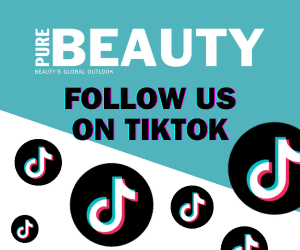Kim Kardashian is to pay a US$1.26m fine for flouting advertising rules after promoting a cryptocurrency.
The beauty entrepreneur was accused by the US Securities and Exchange Commission (SEC) of promoting a crypto token on social media without disclosing that she was paid for the promotion.
The reality television star was paid $250,000 to post on her Instagram account in June 2021 about EMAX tokens, which is a crypto asset offered by cryptocurrency scheme EthereumMax.
The post contained a link to the EthereumMax website, which provided instructions for potential investors to purchase EMAX tokens.
Kardashian did not admit or deny the regulator’s allegations, but agreed to settle the charges.
She violated the anti-touting provision of the federal securities laws, reported SEC.
As part of the settlement, she has agreed to pay $1.26m in penalties and not to promote any crypto assets for three years.
“Ms. Kardashian’s case also serves as a reminder to celebrities and others that the law requires them to disclose to the public when and how much they are paid to promote investing in securities,” said SEC Chair Gary Gensler.
Director of the SEC’s Division of Enforcement, Gurbir S. Grewal, added: “The federal securities laws are clear that any celebrity or other individual who promotes a crypto asset security must disclose the nature, source and amount of compensation they received in exchange for the promotion.
“Investors are entitled to know whether the publicity of a security is unbiased, and Ms. Kardashian failed to disclose this information."
This is not the first time this year Kardahian has found herself in hot water.
The launch of her debut skin care brand SKKN was met with greenwashing claims, while she was also accused of poaching the name from black-owned beauty brands.
Industry reactions
Authentic connections between consumers, influencers and brands are vital for successful influencer marketing, stated Ed Hill, Senior Vice President, EMEA, at software company Bazaarvoice.
“[This news] is a clear demonstration of the importance of properly regulating influencers,” he commented.
“More than two thirds of consumers suggest that everyday influencers within their network are the key motivators of their purchase decisions, compared to just 12% for celebrities.
“However, cases such as this can devalue the entire concept, undermining trust and consumer confidence – not to even mention the damage it can do to people’s bank balances.”
He added: “The work that is being done to regulate this market isn’t just important to protect consumers, but also brands who genuinely want to connect with their audiences.”




